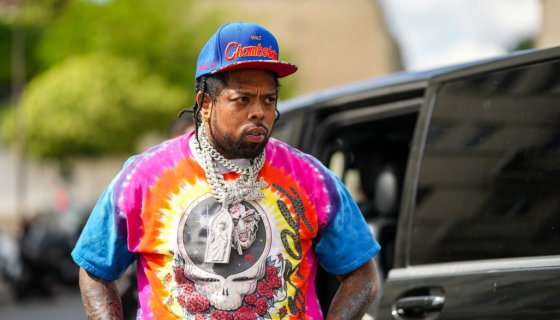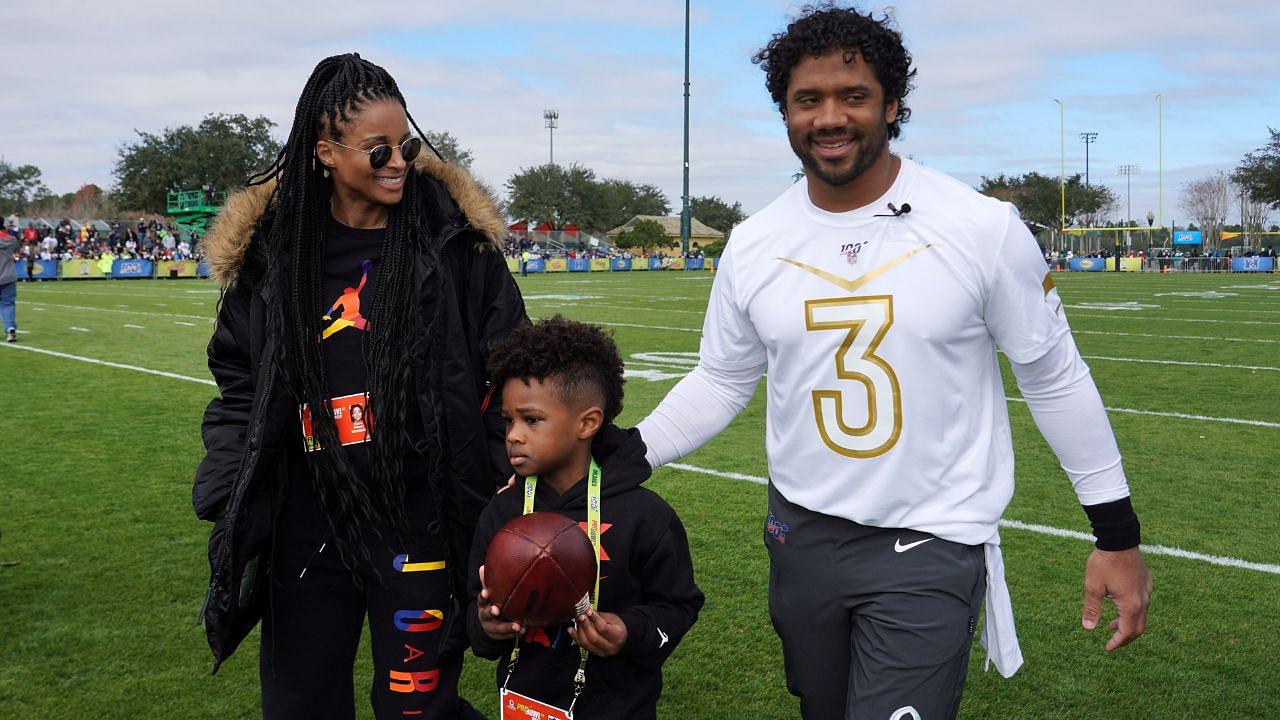Fair Trade Fashion: How You Can Affect Global Change With the Clothes on Your Back

In 2005, cotton was first added to the list of certifiable fair trade products, making way for huge strides in ethical fashion. In the six years that has passed since then, a significant impact has been made on the cotton industry, not only for the workers overseas, but also in consumer demand for fair trade, eco-fashion garments.
Fair trade fashion means being conscientious of workers conditions, wages, child labor as well as the environment in the production process. Before the founding of the World Fair Trade Organization (WFTO) in the 1980’s, slave labor, harsh discrimination, and lower-than-low working conditions, as well as many other similar issues ruled the world of not only cotton, but other commonly imported products such as bananas, chocolate and coffee. This came from many corporations going overseas to find cheap labor and the lowest environmental standards they could find. This left many scars on the workers that slaved away for 14+ hour days in unhealthy sweatshops and on the ecosystems surrounding these small communities.
Around the world, there are 5 million farmers, workers and community members that benefit from fair trade. The fair trade model means empowering communities to take care of themselves and their ecosystems. When farmers are able to produce crops under healthy conditions, the quality of the product is much higher, also meaning they get a better price for it. They are able to support their families, send their children to school and live healthier, more self-sustaining lives away from the fierce grip of unfair labor practices. Even through the purchase of one simple cup of coffee, you are supporting a farmer and his family, as well as his community and the ecosystem surrounding it overseas.
Although the demand for fair trade fashion has grown, many people still assume that concept means paying an outrageous amount for not-so-stylish clothing. Many large retail stores lack transparency, meaning we don’t always know where our clothes come from.
How do you know if your clothes are fair trade? One way is to simply look at the label. Many fair trade certified clothing will have some sort of logo, for instance, UNITE is an international program that makes sweatshop free clothing.
Social Accountability International’s Social Fingerprint (®) program is a program for companies that looks at nine different key categories to determine that company’s level of social responsibility, as well as offering tips, guidelines and resources to help those companies continually improve. Companies such as Gap, Patagonia and Timberland have used the Social Fingerprint program to ensure social responsibility throughout the garment production process.






